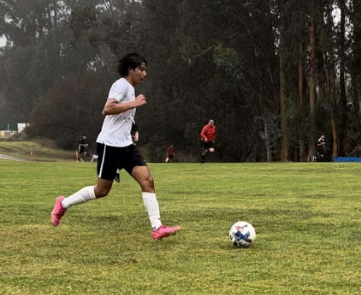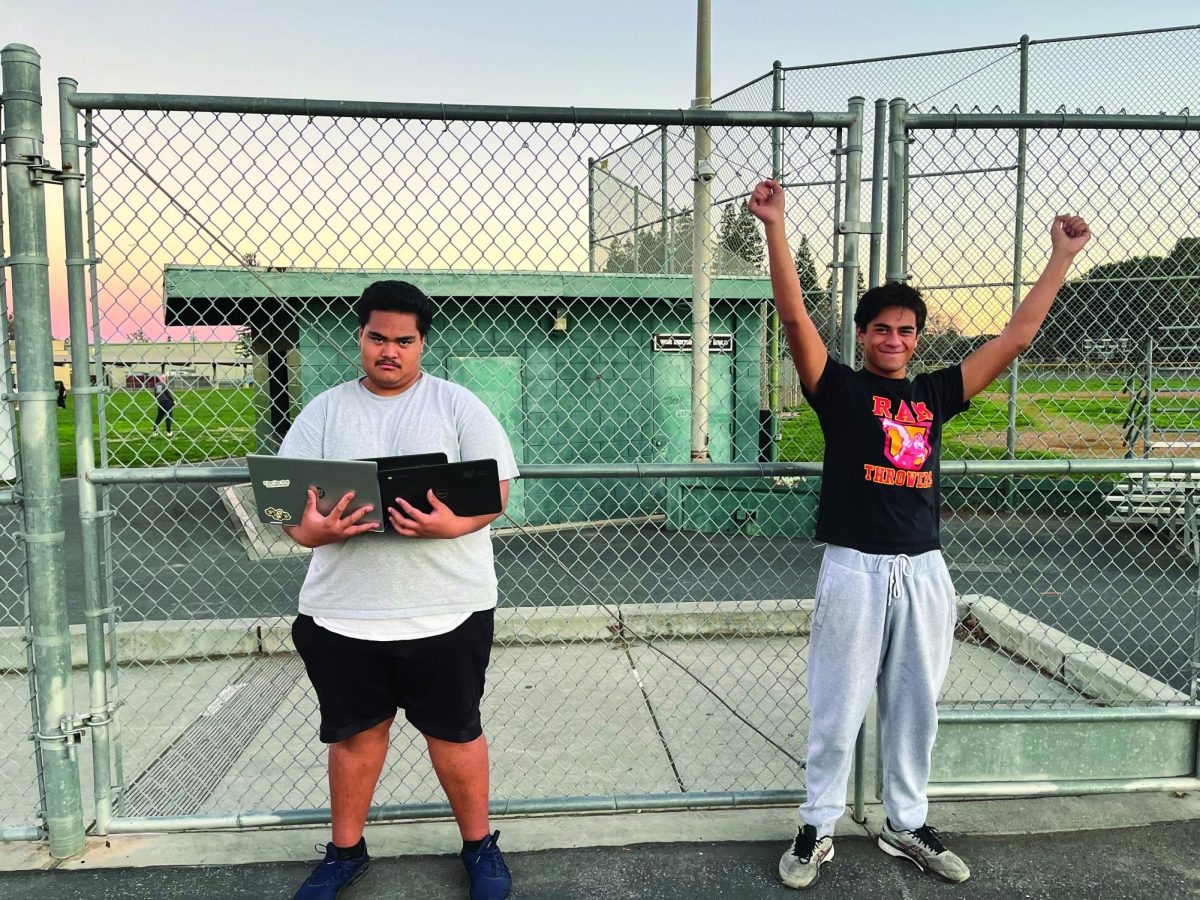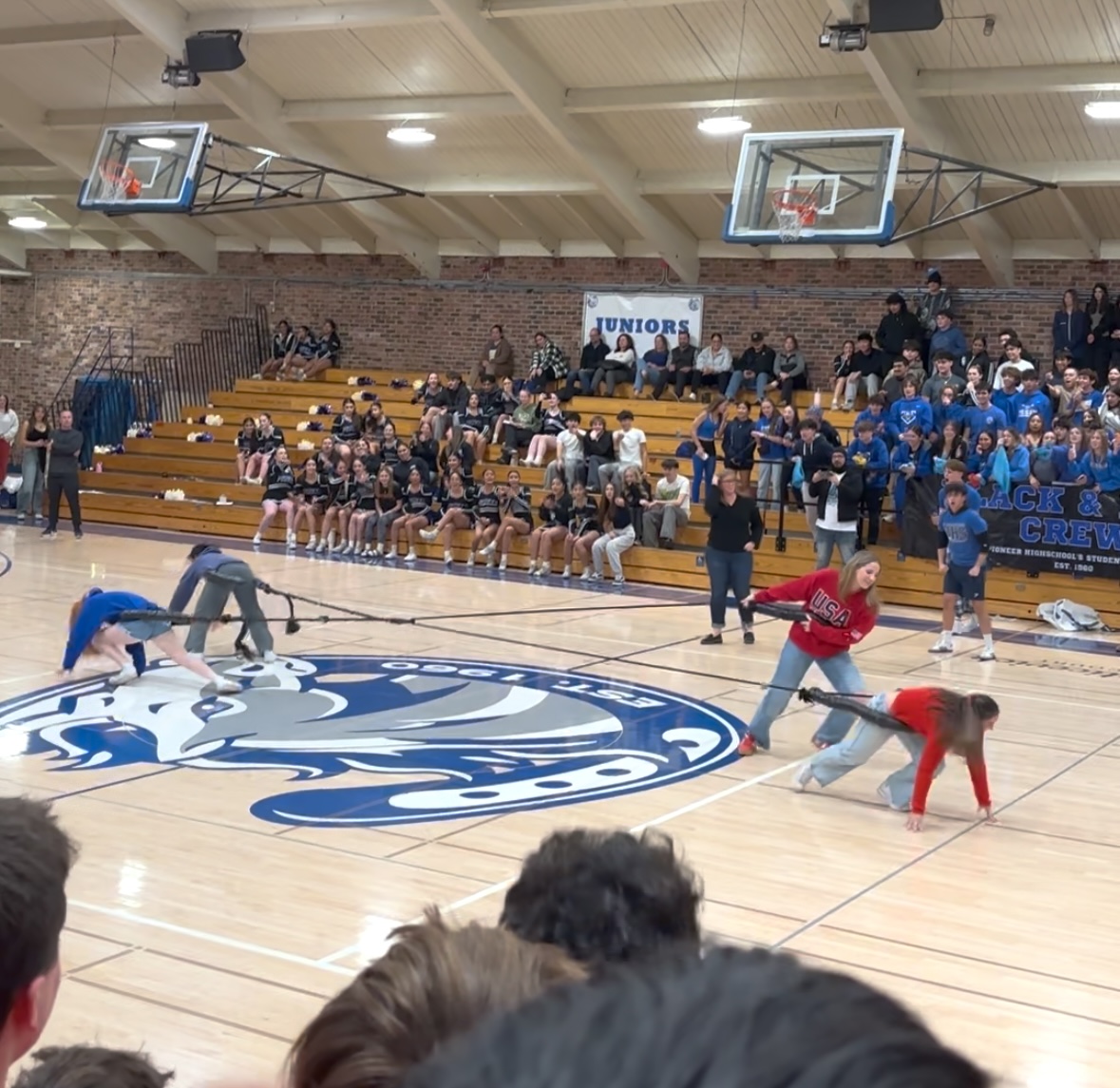
Innocently joining a high school sport that isn’t extremely serious or competitive is a norm for many teenage students. Many of these students decide that they want to continue playing the sport they joined which leads them into the realm of “club” or competitive, travel versions of that sport. After speaking with students who have participated in club sports such as softball, field hockey, and basketball, it has become apparent that at first club sports are fun and have an exciting different atmosphere than school sports, but after a while and as they get more involved, they become less fun and more stressful. According to one sophomore student-athlete, Elli Hornstein, who plays club softball, the pressure from the sport worsens her mental health. She elaborates, saying “There is too much pressure to do good in both school and sports.” She further explains that because of this, she, at multiple points, has faced the potential of quitting. “I’ve been on the fence so many times, especially because of coaches. Coaches can definitely ruin the love for a sport,” she explains. With the obvious effects that club sports have on her life, she has been forced to decide to skip practices if she needs to get schoolwork done, as school is her number one priority. However, Hornstein shared that a decision like that could affect her playing time in tournaments. The need to perform well in both aspects of her life causes her to be too hard on herself.
Similarly to Elli, Adya Kadam, a junior field hockey player who is committed to continuing at UC Berkeley, feels that time management is a big part of balancing sports and school. She admits to staying up late most nights and having to take homework to tournaments. She has been fortunate enough that her coaches have been “understanding about not making it to practice” when she has schoolwork to get done. Even though Kadam is so passionate about her sport, she feels that the anxiety that comes with it diminishes her mental health and when she is home from sports she has a lot of work to catch up on.
From the perspective of another student and club athlete, Diego Reyes, a sophomore who plays club soccer, believes sports are a priority. He does as much homework as he can in class so he “doesn’t have to worry about getting it done before or after games and practices.” Contrary to Hornstein, Reyes feels that the pressure of club soccer motivates him to be “more eager” and pushes him to want to win instead of causing him to have negative thoughts toward his sport.
According to a study done by the British Journal of Sports Medicine, about 25% of young elite athletes have admitted to experiencing some kind of mental health issue throughout their athletic careers. High intensity, overworking, extreme coaching tactics, and self-inflicted pressure are some of the main causes of mental health issues in competitive teen athletes. From the information gathered between these three athletes. The biggest hurdle is time management. At a young age, these athletes face the task of balancing their lives between intensive sports, classes, and having as much of a social life as possible. All three of these athletes confided that they do feel like they miss out on social events but ultimately enjoy their sports so much that they get over the initial upset of “missing out.” Overall, the overwhelming pressure that club sports come with is extremely extensive as teens get older and they get more serious.










